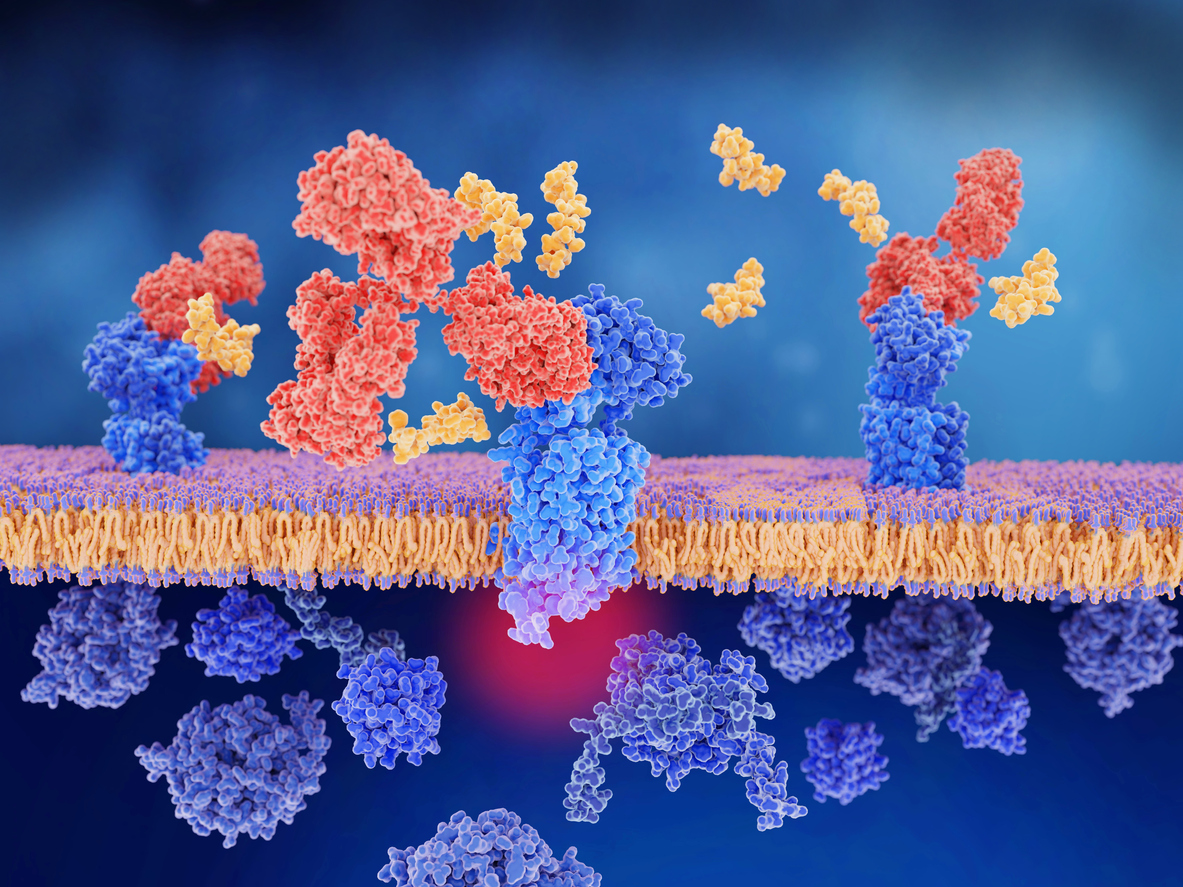Laboratory-made antibody Erenumab blocks neural brain pathway and is first new treatment for attacks approved in 20 years
A new migraine drug that can halve the length of time sufferers are laid low by the debilitating condition has been hailed as an “incredibly important” advance.
Erenumab, a laboratory-made antibody that blocks a neural brain pathway called CGRP, is the first drug in 20 years proven to prevent migraine attacks.
Phase III trial data on nearly 1,000 patients showed that it typically cut between three and four “migraine days” per month.
In half the patients treated, migraine duration was reduced at least by half.
Migraines are characterised by an intense, throbbing headache, sensitivity to light and noise, nausea, vomiting, low energy, and visual disturbances.
Attacks can last anything from four to 72 hours.
Each year more than 8.5 million people in the UK are thought to experience migraine, more than the number affected by asthma, diabetes and epilepsy combined.
The condition is linked to depression and absenteeism due to migraine is estimated to cost the UK economy more than £2 billion per year.
The Strive trial compared patients taking erenumab for six months with others given a non-active placebo dummy drug.
Lead investigator Professor Peter Goadsby, from King’s College Hospital, London, said: “Strive… represents an incredibly important step forward for migraine understanding and migraine treatment.”
The findings, reported in The New England Journal of Medicine, clearly showed that blocking the CGRP pathway could reduce the impact of migraine, he said.
Prof Goadsby added: “The results of Strive represent a real transition for migraine patients from poorly understood, re-purposed treatments, to a specific migraine-designed therapy.”
Simon Evans, chief executive of the charity Migraine Action, said: “Migraine is too often trivialised as just a headache when, in reality, it can be a debilitating, chronic condition that can destroy lives.
“The effects can last for hours, even days in many cases.
“An option that can prevent migraine and that is well tolerated is therefore sorely needed, and we hope that this marks the start of real change in how this condition is treated and perceived.
Credits: JOHN VON RADOWITZ







